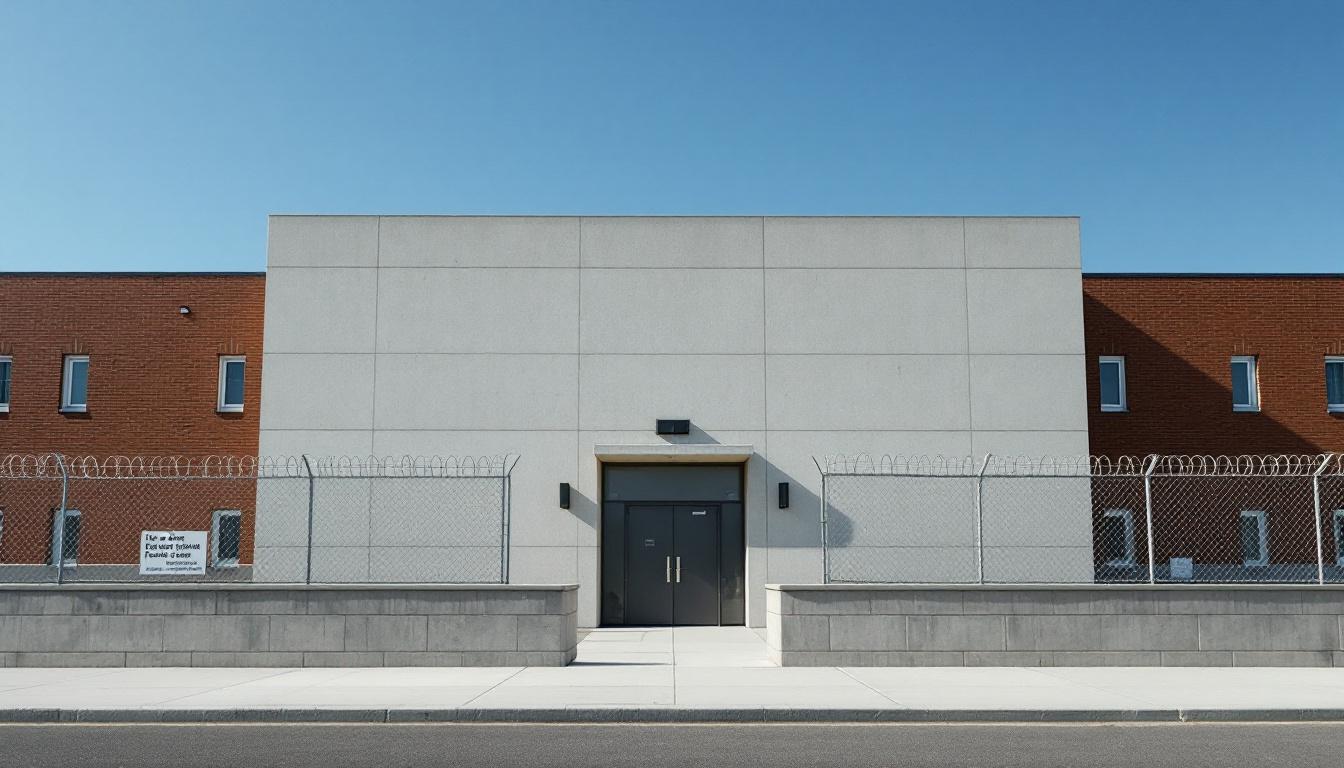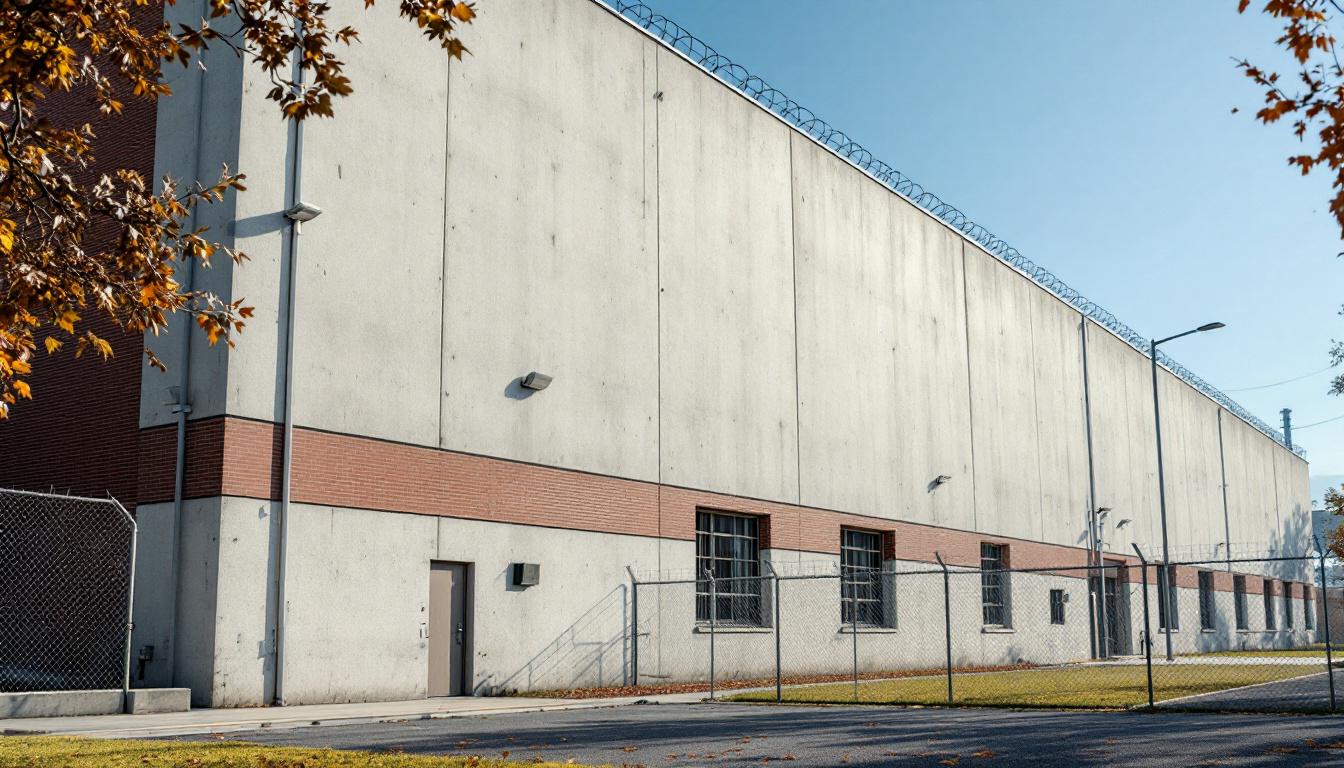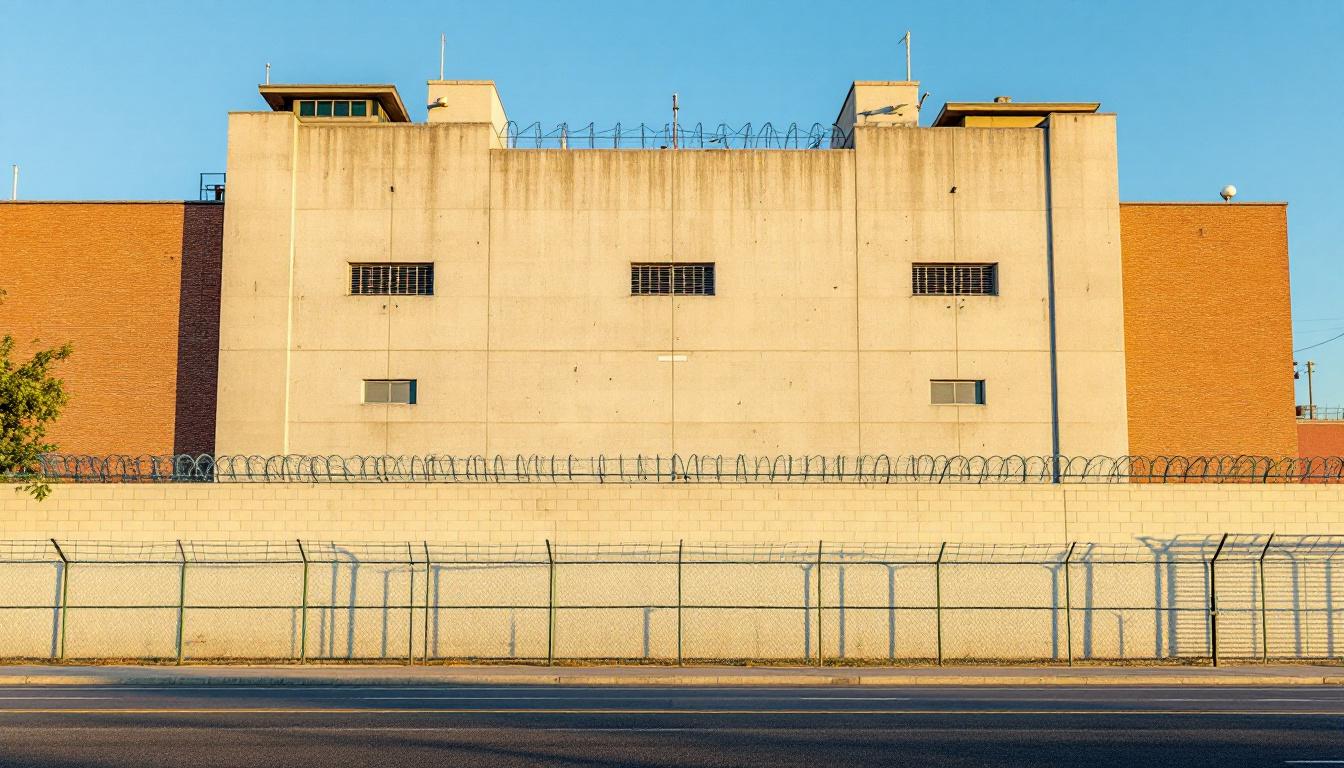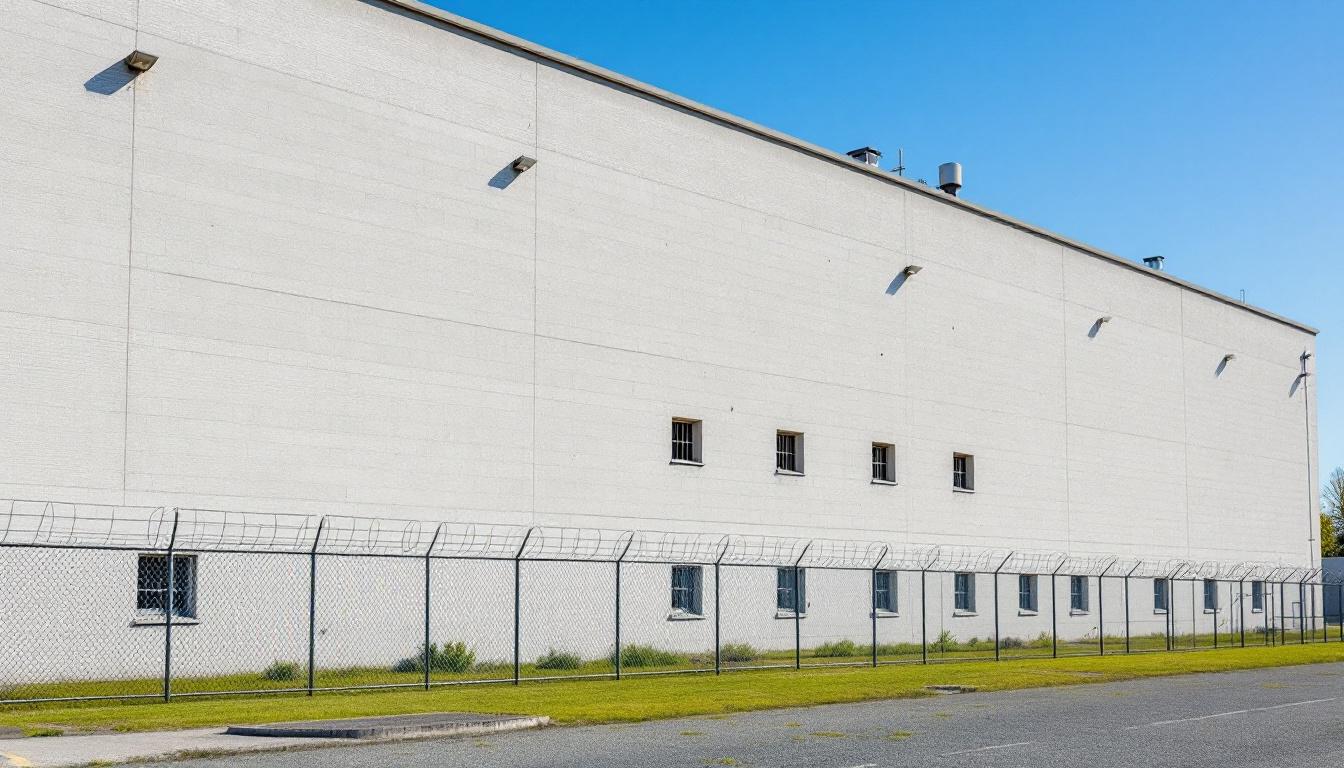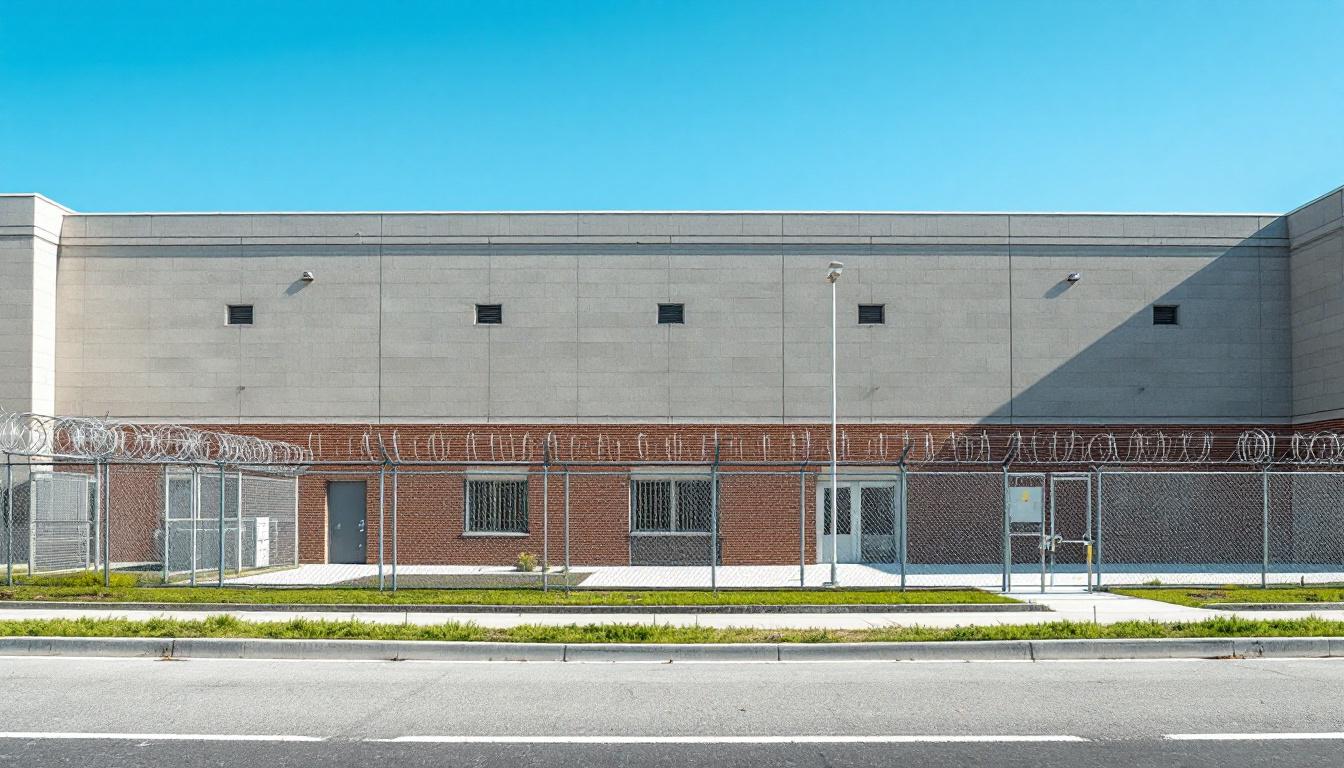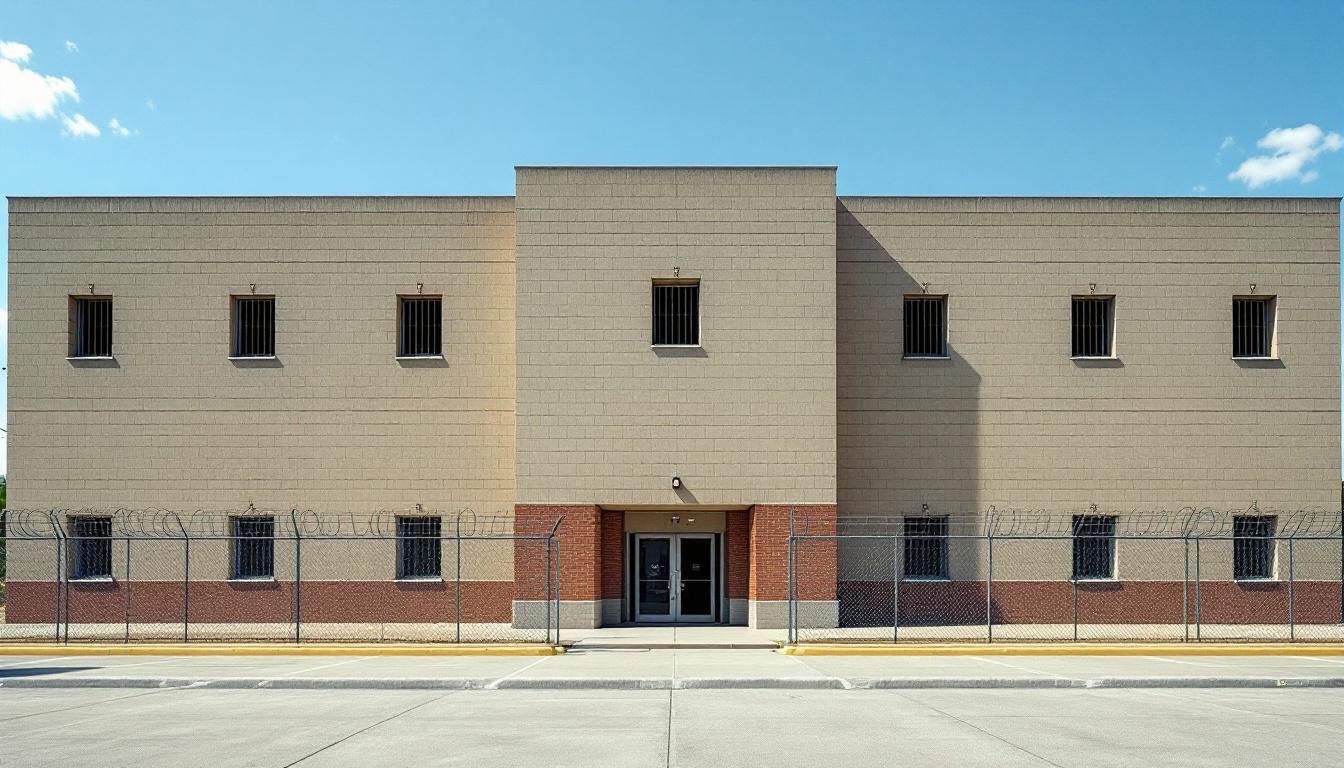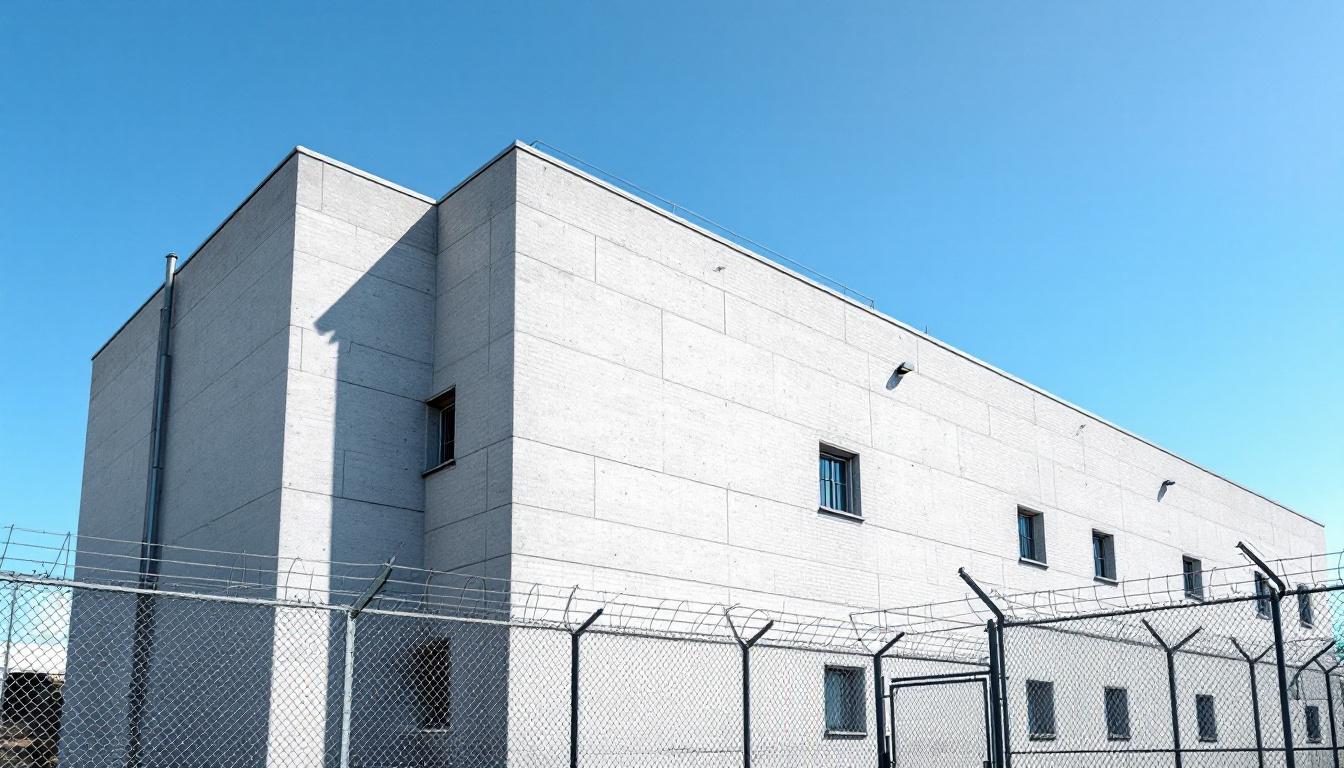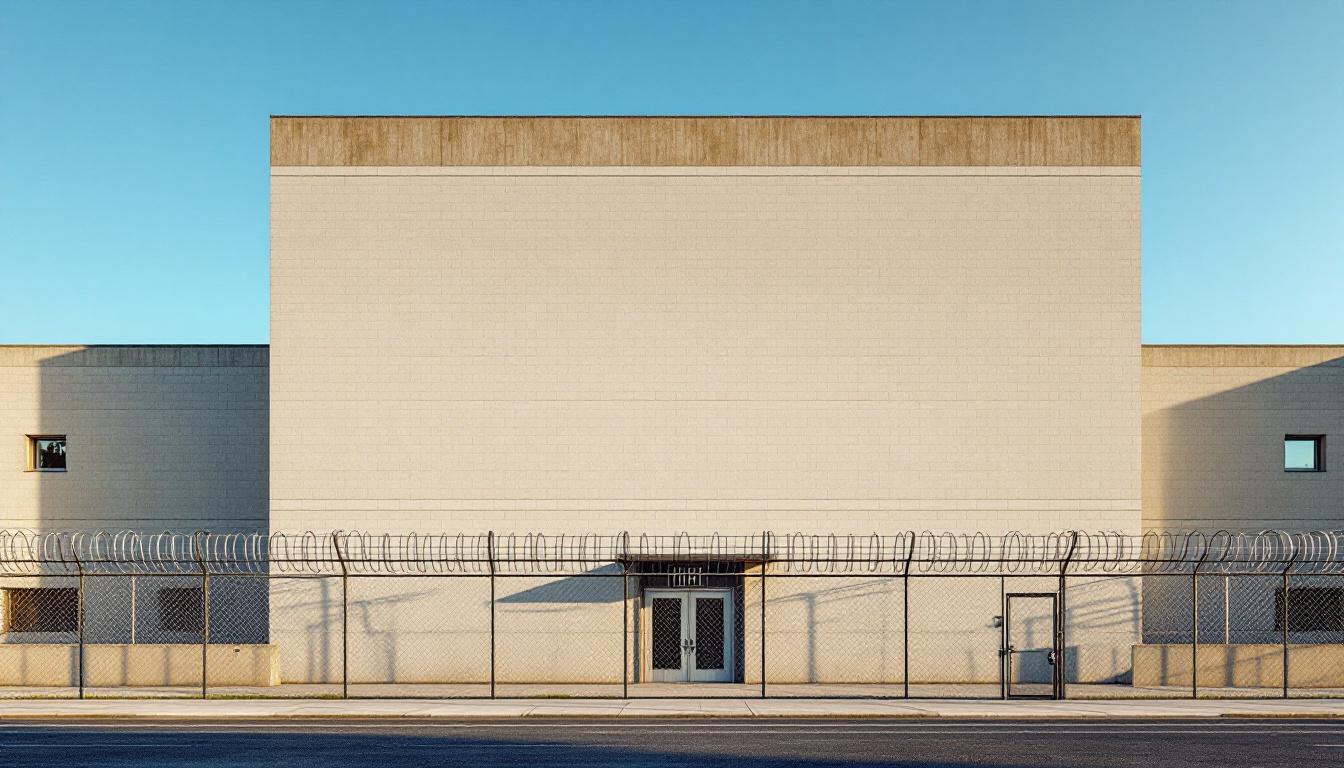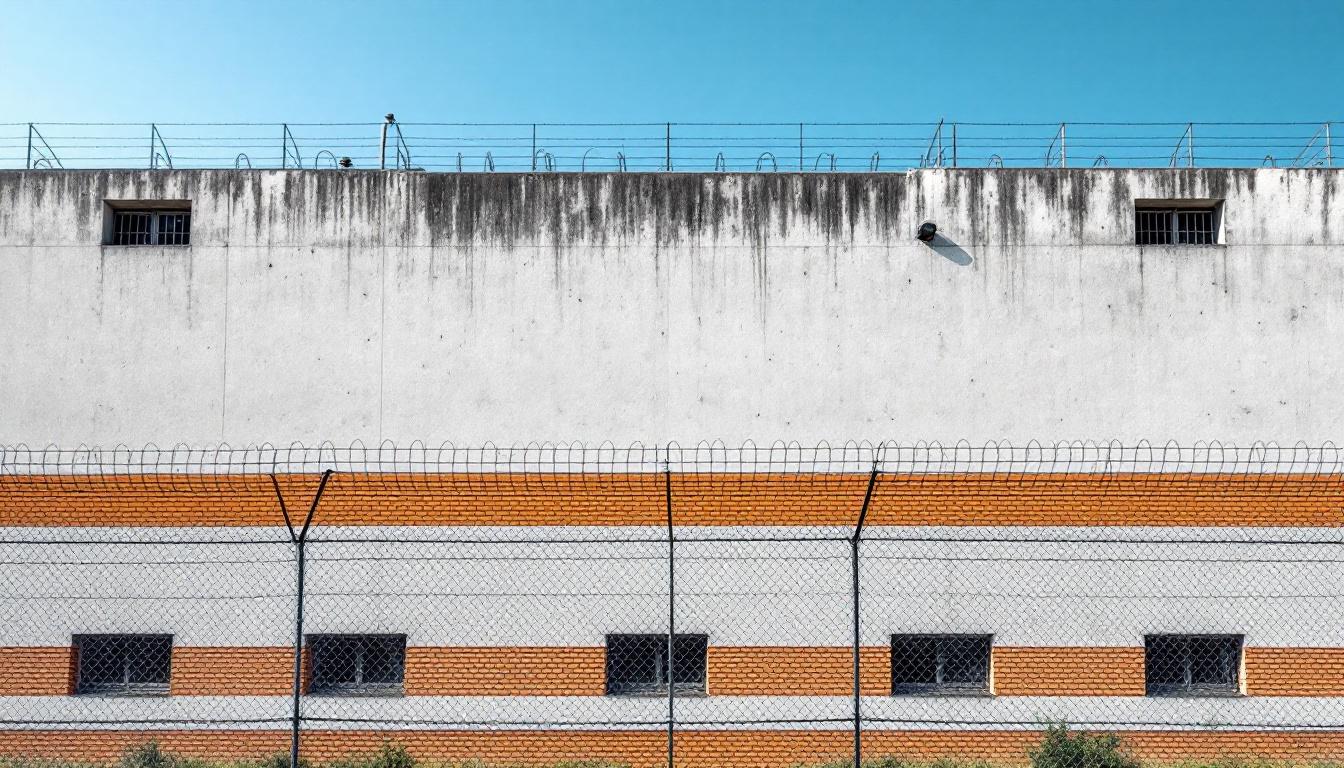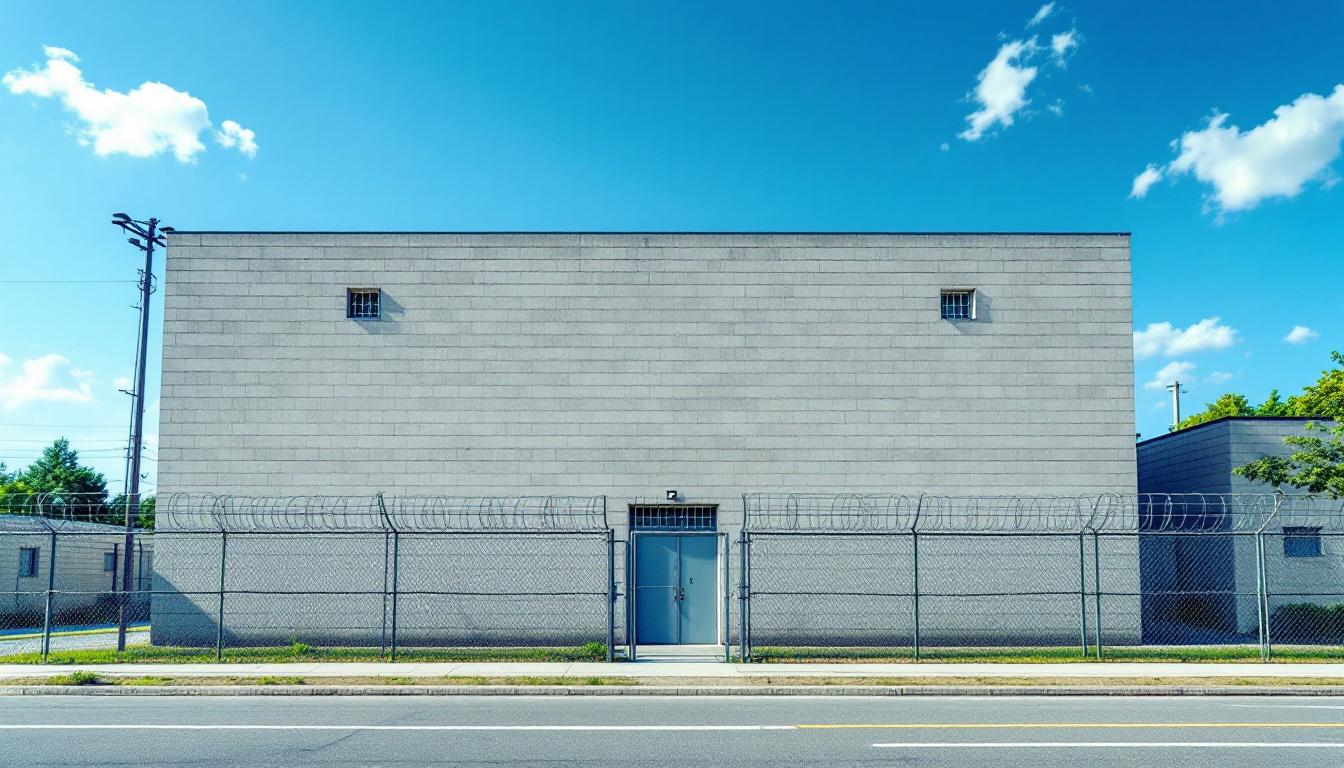
Quick Navigation
How to contact an inmate at Arkansas Community Correction
This comprehensive guide will walk you through how to connect with an inmate at Arkansas Community Correction. Follow the steps below to find an inmate and send letters and photos:
- Search for the inmate using our search tool below
- Create your account or log in to Penmate
- Write your message (up to 6,000 characters)
- Send instantly - inmates receive printed copies daily
Find an Inmate
Search for an inmate to start communicating today
Tip: You can search by first name, last name, or inmate ID number
To contact a person at Arkansas Community Correction start by searching for the person on the official facility website. Perform a search by following these steps:
- Step 1: Enter their first name and last name into the search form and click "Search"
- Step 2: Locate their inmate record
- Step 3: Write down their Inmate ID and any housing information provided
Important! Be sure to enter the person's full name. Nicknames should not be used.
How to Send Messages to Inmates

You can use your phone or computer to send emails, letters, and photos to an inmate. Messages are sent electronically to inmate tablets or kiosks at the facility. If you would like to send a message, start by searching for an inmate at Arkansas Community Correction.
Sending Photos and Postcards

A great way to send love and support to a loved one at Arkansas Community Correction is to send photos and postcards. It only takes a few minutes to send photos from your phone and it makes a huge difference. You can also mail postcards with words of support and inspiration, or design your own postcard for special moments like birthdays and holidays.
Important! Be sure not to send any explicit photos or they may not be approved by the facility. You can also use a photo printing app like Penmate to make sure your photos are printed at the correct size (4x6 or 3x5) and are mailed according to the rules and regulations of Arkansas Community Correction.
Frequently asked questions about Arkansas Community Correction
-
How long does it take to deliver a message?
If you're sending an email message your letter is usually delivered within 24-48 hours. For messages sent via mail you should expect delivery within 3-7 days. All messages will need be approved by Arkansas Community Correction.
-
How much does it cost to send a message to Arkansas Community Correction?
You can send a message free using your phone or mail a message via USPS for the price of a $0.60 stamp and envelope. You can also purchase credits or e-stamps from services starting at $1.99.
-
What services can I use to contact an inmate at Arkansas Community Correction?
Penmate
You can use Penmate to send letters and photos to an inmate from your phone. It's an easy way to stay in touch during your loved one's incarceration. Use the inmate locator to find an inmate's location and contact information, then you can send messages within a few minutes.
Securus messaging
Securus may be another option for communicating with an inmate at Arkansas Community Correction. You can create a friends and family account and purchase credits to send messages. All messages will be reviewed and must be approved by the facility.
JPay
Some county jails and state prisons may support sending messages with JPay. You must register an account with the system, find your loved one, and purchase stamps to send messages. For some locations you can also attach photos.
Smart Jail Mail
You may also check if Smart Jail Mail is available at Arkansas Community Correction. Smart Jail Mail is operated by Smart Communications and has contracted with some state and county jails. After purchasing credits, your messages and photos are sent to the facility, printed out, and then handed out to your loved one.
-
What is the mailing address of Arkansas Community Correction?
Mailing address:
Arkansas Community Correction
4823 W 7th St
Little Rock, AR 72205
Phone: (501) 682-9510 -
What are the visiting hours at Arkansas Community Correction?
Visiting hours at Arkansas Community Correction vary by housing unit and security level. Generally, visits are scheduled on weekends and holidays, with some facilities offering weekday visits. Contact the facility directly at (501) 682-9510 or check their website for the current visiting schedule. Visits typically last 30-60 minutes and must be scheduled in advance.
-
What items are prohibited when sending mail to Arkansas Community Correction?
Prohibited items typically include: cash, personal checks, stamps, stickers, glitter, glue, tape, staples, paperclips, polaroid photos, musical or blank greeting cards, hardcover books, magazines with staples, and any items containing metal or electronics. Only send letters on plain white paper with blue or black ink. Photos must be printed on regular photo paper (no Polaroids). Always check with Arkansas Community Correction for their specific mail policies.
-
How do I send money to an inmate at Arkansas Community Correction?
You can send money to an inmate at Arkansas Community Correction through several methods: 1) Online using JPay, Access Corrections, or the facility's approved vendor, 2) Money orders mailed directly to the facility with the inmate's name and ID number, 3) Kiosks located in the facility lobby, or 4) Over the phone using a credit or debit card. Fees vary by method, typically ranging from $2.95 to $11.95 per transaction.
-
Can I schedule a video visit with an inmate at Arkansas Community Correction?
Many facilities now offer video visitation as an alternative to in-person visits. At Arkansas Community Correction, video visits may be available through services like Penmate, Securus Video Connect, GTL, or ICSolutions. Video visits typically cost $10-20 for 20-30 minutes and must be scheduled in advance. You'll need a computer or smartphone with a camera and reliable internet connection. Contact the facility for their specific video visitation policies and approved vendors.
-
What identification do I need to visit an inmate at Arkansas Community Correction?
All visitors must present valid government-issued photo identification such as a driver's license, state ID, passport, or military ID. Minors must be accompanied by a parent or legal guardian who can provide the minor's birth certificate. Some facilities require visitors to be on the inmate's approved visitation list, which may require a background check. Contact Arkansas Community Correction for specific ID requirements and visitor approval procedures.
-
How can I find out an inmate's release date?
To find an inmate's release date at Arkansas Community Correction, you can: 1) Use the online inmate search tool if available, 2) Call the facility's records department, 3) Contact the inmate's case manager or counselor, or 4) Have the inmate provide this information during a call or visit. For privacy reasons, some facilities only release this information to immediate family members.
Facility Overview
Contact Information
Arkansas Community Correction4823 W 7th St
Little Rock, AR 72205
Phone: (501) 682-9510
Official Website

About Arkansas Community Correction
Correctional facilities serve as critical components within Arkansas’s justice system, providing structured environments where rehabilitation and public safety intersect through comprehensive programming. Within this framework, East Central Arkansas Corrections operates as an AR correctional facility positioned strategically in West Memphis, contributing to the broader correctional infrastructure that serves communities throughout the Mississippi River Delta region. The facility’s location in Crittenden County places it within a historically significant area where transportation corridors and agricultural traditions have long shaped the social and economic landscape, creating comprehensive opportunities for community-based reintegration efforts.
Drawing from the South’s evolving approach to correctional management, this West Memphis facility typically emphasizes programs designed to address the population services through evidence-based practices that may include educational opportunities, vocational training, and behavioral intervention programs. The facility generally operates within Arkansas’s correctional philosophy that recognizes rehabilitation as essential to reducing recidivism and strengthening community safety. Programming efforts often focus on developing practical skills and addressing underlying factors that contribute to criminal behavior, with particular attention to preparing individuals for successful reintegration into their home communities throughout eastern Arkansas and the broader Mid-South region.
Community partnerships frequently form the backbone of effective correctional programming, and facilities in this region typically collaborate with local organizations, educational institutions, and faith-based groups to provide comprehensive support services. These collaborative relationships may include workforce development initiatives, substance abuse treatment programs, and family reunification services that recognize the importance of maintaining community connections during incarceration. The facility’s proximity to the Memphis metropolitan area often provides access to a diverse network of community resources, potentially offering the population services that extend beyond the facility’s walls to create pathways for successful community reentry and long-term stability.
Programs & Services
Through comprehensive support services designed to address multiple facets of personal development, the population at East Central Arkansas Corrections receives assistance that extends far beyond basic incarceration. The facility’s approach centers on creating pathways for meaningful change through programs that typically focus on skill-building, personal growth, and preparation for successful community reintegration. These services often emphasize the importance of addressing both immediate needs and long-term goals, recognizing that effective rehabilitation requires a multifaceted approach to support.
Educational and vocational programs form a cornerstone of the facility’s offerings, providing the population with opportunities to develop marketable skills and continue their academic pursuits. Vocational education programs may supply training in various trades and technical fields, helping participants build expertise that can translate into employment opportunities upon release. Additionally, college correspondence courses are often available, allowing individuals to work toward higher education credentials while maintaining their commitment to personal advancement and family connections.
Support services and therapeutic programs complement the educational offerings by addressing behavioral and spiritual needs within the community. Anger management programs typically provide structured environments where participants can develop healthier coping strategies and interpersonal skills. The facility may also offer agriculture programs that combine practical work experience with therapeutic benefits, while faith-based services often serve as sources of spiritual support and community connection. Additionally, printing programs can provide both vocational training and meaningful work opportunities, contributing to the overall rehabilitative environment that supports successful reintegration into society.
Daily Life & Visitation

Systematic organization forms the backbone of daily operations, with structured schedules that actively guide the population through their time at the facility. At present, residents follow established routines that typically begin with early morning counts and meal service. The day generally progresses through work assignments, programming sessions, and recreational periods. Each segment supplies predictable structure while accommodating the various needs of the population.
Housing arrangements typically feature dormitory-style accommodations or cell-based units, depending on classification levels and available space. The population generally shares common areas for dining, where meals are served at designated times throughout the day. Personal property allowances usually include basic necessities and approved items that may be purchased through the commissary system. While living spaces vary in configuration, they commonly provide essential amenities and storage for approved belongings.
Additionally, structured programming schedules often include educational opportunities, vocational training, and counseling sessions that supply meaningful engagement for participants. Recreation periods typically offer outdoor exercise time and access to recreational facilities when available. Family connections remain important, with visitation policies generally allowing scheduled visits and phone communication privileges. Work assignments throughout the facility usually provide opportunities for the population to contribute to daily operations while developing practical skills. These various components work together to create a framework that balances security requirements with opportunities for personal development and family contact.
Ready to Connect?
Start communicating with your loved one today
Search for an Inmate
